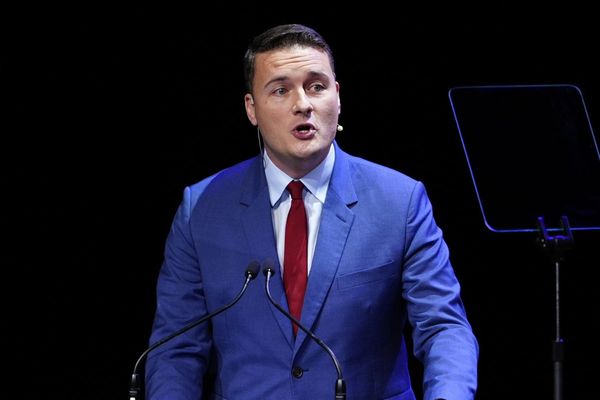
David Cameron, now styled Lord Cameron, is back — the former UK prime minister is once again a member of the UK cabinet, this time as foreign secretary.
The throwback appointment came in response to a political crisis caused by home secretary Suella Braverman going rogue and criticising the police’s handling of a recent Palestinian solidarity demonstration in London. Her opinions in a newspaper article unauthorised by Number 10 became the final straw for Prime Minister Rishi Sunak, who sacked her and reshuffled his cabinet on Monday night, UK time.
Cameron’s appointment as the UK’s top foreign policy officer came on the same night Sunak gave a major foreign policy speech, outlining what he saw as Britain’s role in helping “shape the world, not be shaped by it”.
“The difference we make, every single day, across the world, should make each and every one of us here tonight enormously proud,” Sunak told the lord mayor of London’s annual banquet. “We’re hard-headed about our interests and our security.”
Sunak pointed to a range of multilateral deals made by his country in recent years, including the AUKUS submarine pact with Australia and the US, a post-Brexit legal agreement with the European Union, and the UK’s admission into a Pacific trade zone called the Comprehensive and Progressive Agreement for Trans-Pacific Partnership: “These treaties and alliances speak to something deeper: our willingness to act, to shape the world, not be shaped by it — wherever there’s a challenge, wherever there’s a threat, wherever we can promote peace and security.”
Mentioning AUKUS in a speech seeking to project a “hard-headed” desire to “shape the world” may seem at odds with Australia’s more cautious rhetoric about the nuclear sub deal.
Compare Sunak’s words with those chosen by Australian Prime Minister Anthony Albanese at a recent speech to the US State Department: “[Australia is] patient, calibrated and deliberate … This means investing in our capabilities to prevent competition escalating into conflict, and investing in our relationships to maintain the dialogue that safeguards stability.”
UK politics analyst and Monash University Associate Professor Ben Wellings said that since Brexit, Britain has been searching for a global context to belong to. AUKUS and the other deals with foreign countries help create that context and are of symbolic importance for the UK.
“I think there was a lot of post-Brexit searching for something that would replace the EU in a hurry. And in some ways, I think AUKUS fits into that picture,” Wellings told Crikey.
“There’s always this thing in British foreign policy about relevance: part of Brexit, among conservatives, was to try and get out of a ‘middle-power’ mindset. But it hasn’t been replaced by anything that would suggest that Britain is anything other than a high-ranking middle power.”
“The speech describes what Britain is doing well enough. I think there’s a mismatch between Britain’s perception of itself and other countries’ perception of Britain. AUKUS matters a lot for Australia, but it doesn’t matter quite so much for the UK, except in the kind of ‘jobs in the north-west of England’ way.”
Whatever reaction Sunak’s speech may get in China — and Wellings said he thought the impact would be minimal — the UK domestic context is more important. And containing the fallout from the Braverman comments is what matters most at the moment: “Sunak is looking for something that’s going to cut through that noise; he’s looking to say something that goes higher up the agenda than whatever Suella Braverman says or does.”
So what about Cameron as foreign secretary? “He’ll bring experience to the role, but it’s also more back to the future in Conservative ranks and hence possibly foreign policy,” Wellings said.







